In this article

Child custody is one of the most crucial areas of law as it decides how much of an influence you’ll have in your child’s life. However, regardless of the parents’ situation during a relationship breakdown, as long as parents have parental responsibility, they should not be denied involvement over their child’s upbringing.
If you’re a parent facing custody arrangements, our solicitors know it’s a scary process, during an already very challenging time. Therefore, we have outlined the four types of custody, which will hopefully help you and your partner reach an agreement before the judge takes matters out of your hands.
Remember...
If the custody agreement is made outside of court, it’s not legally binding. If you need support today with your custody case, please call our family solicitors directly on 020 3007 5500
What is child custody?
Child custody is a legal term that refers to which parent/s gains the rights and responsibilities of physically caring for their child and making key decisions over raising their child.
Custody arrangements are only applicable to children below the age of 18.

Talk to us now. Save costs further down the line.
Save yourself potentially thousands of pounds by seeking advice now. Speak to us today for more information.
Lines open 24/7

The four types of child custody
In the Uk, the four types of custody include physical custody, legal custody, full custody and joint custody.
1. Physical custody
This form of custody is regarding which parent the child lives with on a daily basis. Physical custody comes in two forms, which are:
- Sole physical custody
- Joint physical custody
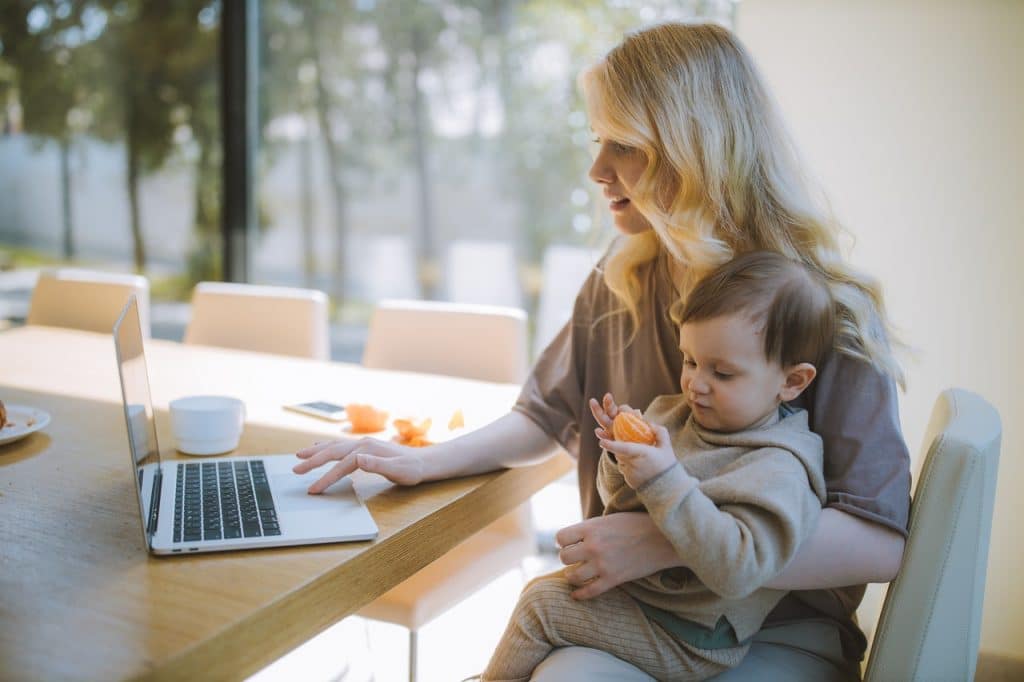
Sole physical custody is when a child lives primarily with one parent. The parent who has sole physical custody is known as the ‘custodial’ parent. The other parent will be known as the ‘non-custodial’ parent. The non-custodial parent will usually be granted visitation or parenting time with their child, unless in extreme circumstances. Nowadays, the court’s will likely give one parent sole physical custody. The court’s main priority is the well-being of a child. Therefore, giving one parent sole physical custody will minimise disruption to a child’s routine.
Joint physical custodyis when the child spends significant amounts of time living with both parents. Although joint custody may seem like the fairest solution for both parents, this is not necessarily true in the child’s case. If joint physical custody is determined, the children will be regularly shuttled around between parents.
Remember...
Regardless of the physical arrangements, parents will usually have joint legal custody of their children. But what is legal custody, and how does it differ to physical custody?
2. Legal custody
Legal custody is separate from physical custody. As physical custody is regarding where the child lives, legal custody decides which parent controls the child’s upbringing. A child’s upbringing covers the child’s schooling, medical care and religious upbringing. However, like physical custody, there are two types of legal custody which are:
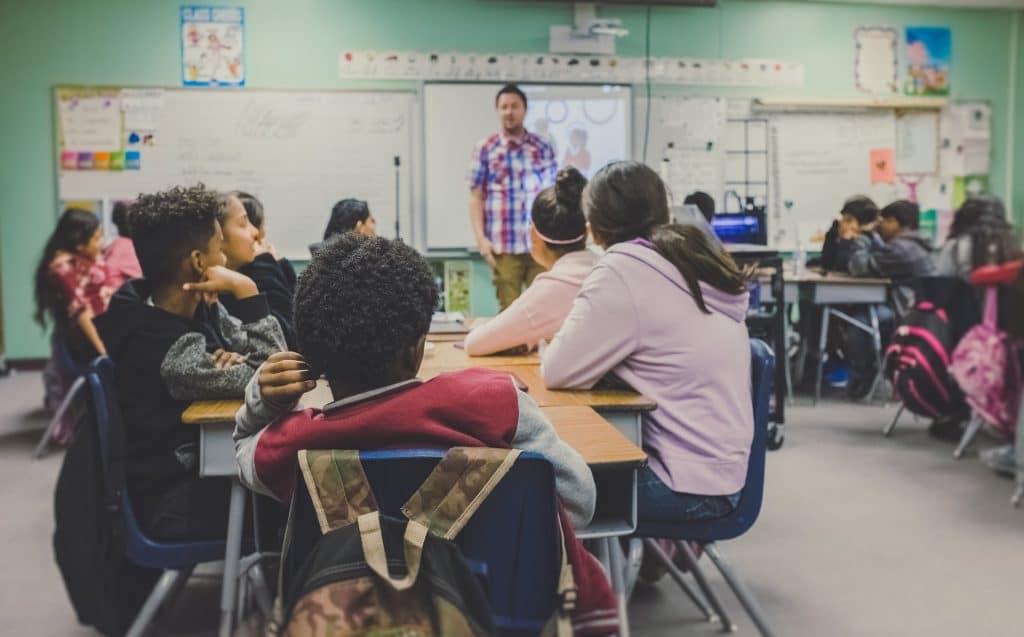
3. Full custody
In the UK, full custody refers to one parent receiving both sole physical and sole legal custody of a child. However, if full custody is granted to one parent, the other parent will likely still have visitation rights. Full custody may be granted to one parent when one of the following situations occurs:
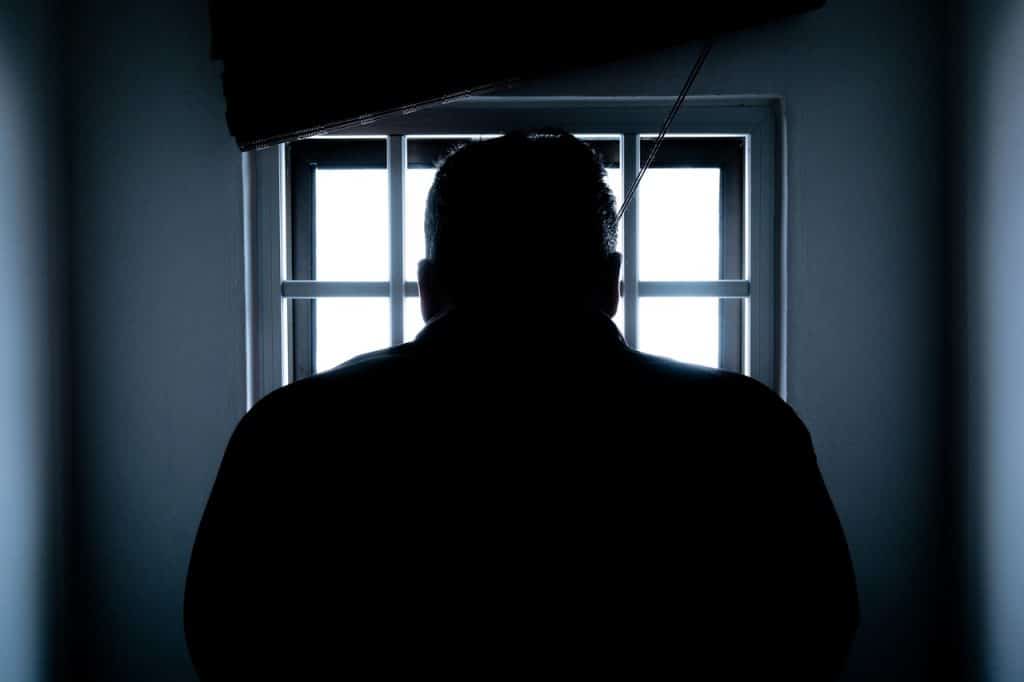
- It’s determined by the courts, that the other parent is considered unfit to raise a child;
- The other parent has been incarcerated or has a criminal record.
- There is a history of abuse or neglect by the other parent.
- One parent has become ill, disabled, or otherwise incapacitated;
There may be animosity between you and your soon-to-be ex-spouse. But, it’s best not to seek full custody unless the other parent causes direct harm to the children.
4. Joint custody
When both parents share custody over areas of their children’s lives, it’s known as joint custody.
There are three forms of joint custody, which are:
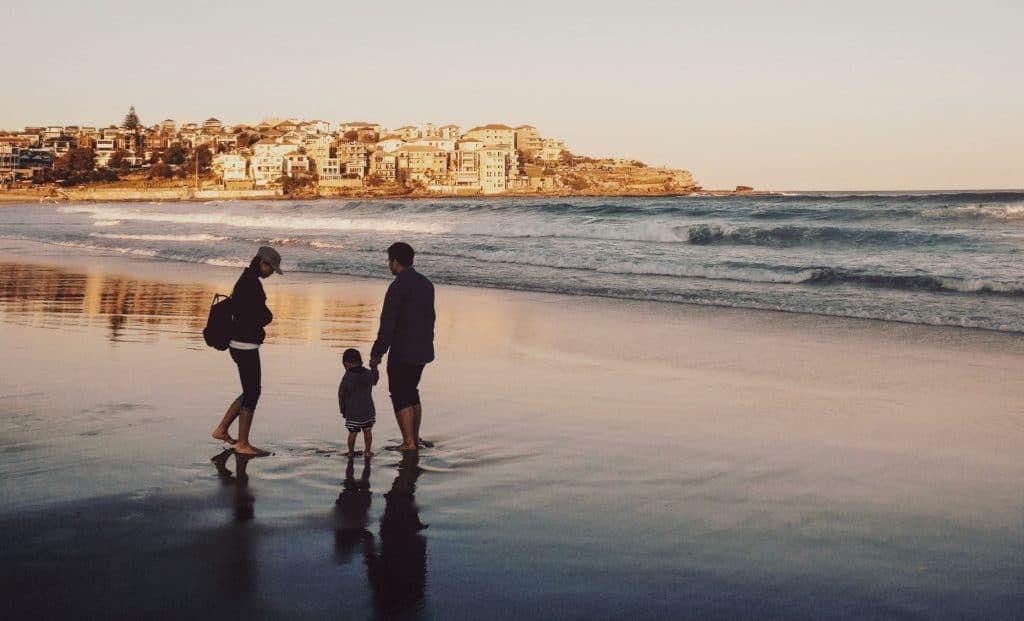
- Physical joint custody. When the child spends significant amounts of time with both parents.
- Legal joint custody. Where both parents make decisions over a child’s upbringing.
- Joint physical and legal custody. When both physical and legal custody is collaborative, it means a child physically spends significant amounts of time with both parents. Additionally, both parents share decisions over the child’s upbringing.
Remember...
When parents share joint custody, they usually work out a schedule according to their work requirements, housing arrangements and the children’s needs. If the parents cannot agree on these elements, the court will impose an agreement.
Why contact our family solicitors for a child custody matter?
At such an important time, mistakes and misunderstandings can have devastating impacts on you and your children’s future relationship. Therefore, by instructing a specialist family solicitor, you can have that peace of mind that your case is in safe hands. Furthermore, our solicitors ensure that a fair agreement will be made.
If you have any more questions regarding your matter, please visit our child law page or call our family solicitors today on 020 3007 5500.


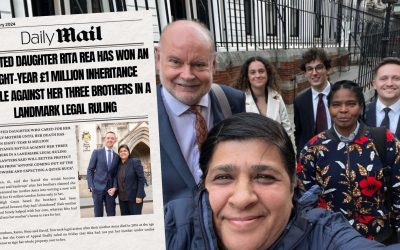


Hi I’ve been in a domestic abuse with my children dad and now I want full custody of them both so he can’t hurt them or me he’s not aloud to see his kids as social services have provided that he isn’t fit to be around them or bring them up and he relay on drugs and drink just wondering if you can give me any advice or any help
I had been trying to get away from my husband for over 4 years, I finally got help when the police removed him from my property in February, I have allowed my husband to still have contact as he is there father however I am worried about the girls safety he keeps telling them he’s homeless Nd the girls are only 4 and 7, yelling them mummy isn’t allowing him back home when he was removed for being drunk, violance and breaking in. We had a family support worker due to his behaviour so he started to make an effort since being signed off he is upsetting the children on his 2 hour visits as he’s to busy to see them. Would going full custody be a good option so the girls can still see there dad when he has sorted himself out.
Hello, I have a 15month old son and his father kicked myself and baby out of what was the shared flat in November 2022. In January 2023 he tried to commit suicide but failed, hasn’t seen our son since November and is now (May 2023) trying to regain contact. I really don’t think he is a good influence on my son, but obviously he is his dad. I really need help with what I can do, I don’t trust him to be left alone with my baby at all
You’re a shitbag to be honest, you’re not telling the full story he didn’t kick you out for nothing and he obviously has mental health issues which probably stem from his relationship with you, just by reading this I can tell you’re probably 90% of the problem. Let the man see his child if he tried to commit suicide do you think the appropriate response is to post about it on the internet and say you don’t trust him? Has he exhibited signs of abuse? Has he ever said anything worrying about the child? If not you’re being vindictive and you are jealous that he ended your relationship. Your child is 15 months wait until they get to 15 years and you have to tell them what a bad man daddy is because he broke up with you and was clearly very unwell mentally. Women like you ruin good men
True story, preach!
Anonymous, shameful and disgraceful of you to be putting up abusive comments. You seem to be the one with the problem.
Couldn’t have worded that any better, end up either cheating and when the man does a runner and ends up with someone better they pull out all the cards to try stop them seeing their kids out of jealousy. Yes some women are abused and it’s a huge shame when you have every single stay at home mam jumping on the band wagon. They tell the next man that the ex was a bad person for a sympathy vote just so they can look like a victim. It’s an ugly look but end of the day they want an east life sat at home claiming Child support allowance, Child maintenance and an increase on their universal credit all whilst claiming grants and milk cards, pure low life scum and the government is fucked pure set up to keep people separated as it’s a better option for people.
My ex wife is denying me access to my two children I want joint custody over them so I can see them grow up.
All family court professionals are disgusting vultures.
This sham of a professionals should be shut down permanently.